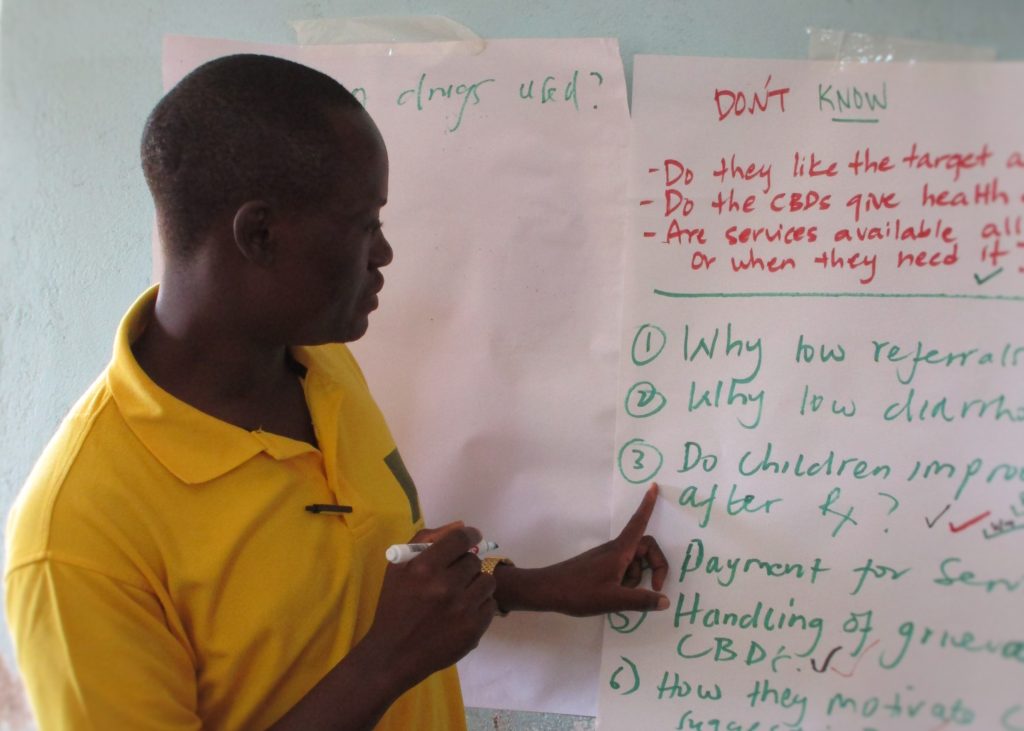Feedback tools fit for purpose

The world is obsessed with tools. Bad workmen blame them and fools worship them. We are constantly revising old ones and looking for new ones to tackle the challenges we face. When it comes to listening to the people we aim to serve, it is no different. There are online collection tools, SMS survey tools, analytical tools, sampling tools and even survey design and benchmarking tools. In fact, almost every part of the feedback cycle has its own tool – as Apple would say, there really is an app for that.
This proliferation of instruments shows that listening is becoming a priority, but there’s a danger that people become too reliant on them. We recently did some work with a client that highlights this bind. Having designed a feedback system for them, they liked our tools and wanted to use them in another project.
However the new context was not suited to the exact same tools; the affected population was widely distributed and the approach to data collection and closing the loop did not work. This came as a bit of a shock to them. So we went back to basics, focusing on the principles that underpin each stage of the feedback cycle. By doing so, they were able to identify tools that worked in the new context.
This episode was a useful reminder that our job is about helping organizations understand underlying principles rather than mechanically using the same set of tools. To paraphrase the famous Oxfam advert; give someone the tools for a feedback cycle and they will conduct good feedback loops in that same context. Teach someone the principles involved in effective feedback loops and they will apply them everywhere. Now we must work on the right incentives to get organisations to apply the principles and act on what they learn.
